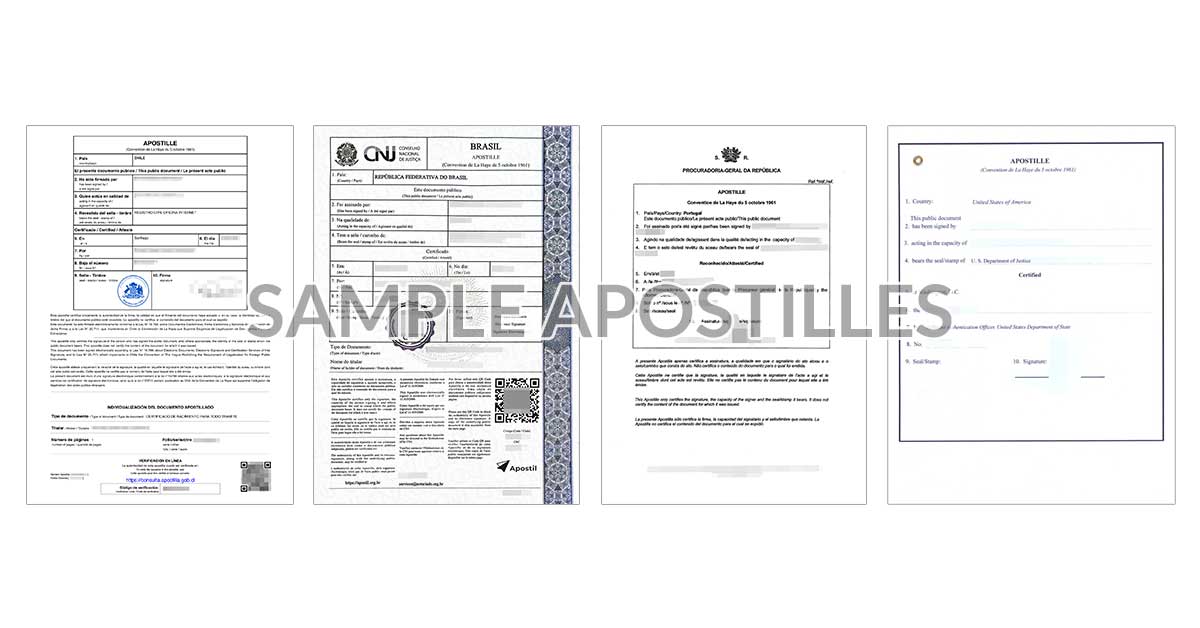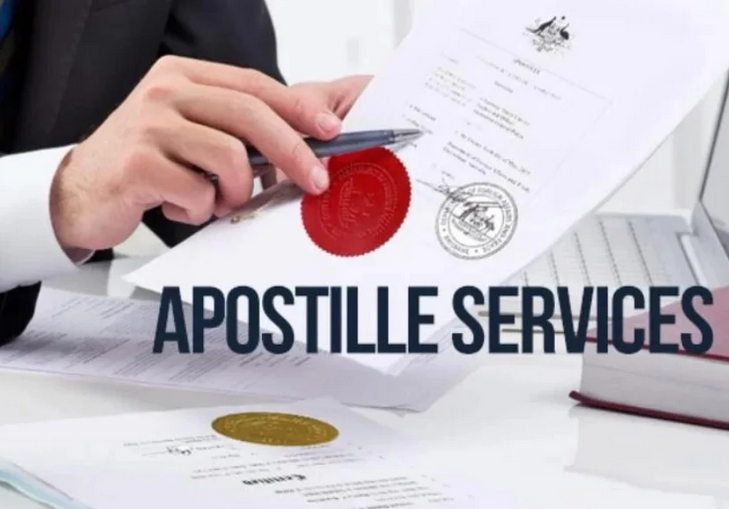Relied On Apostille Houston TX-- Basic Process for File Certification
Relied On Apostille Houston TX-- Basic Process for File Certification
Blog Article
Understanding the Apostille Process: A Comprehensive Overview to International File Verification
Navigating the detailed landscape of international file verification can be intimidating without a clear understanding of the apostille procedure. This guide diligently outlines the required actions, from recognizing which records require accreditation to sending them for confirmation by the Competent Authority. Realizing the significance of an apostille and recognizing prospective mistakes, such as incomplete entries and language barriers, can significantly improve the verification journey. What precisely defines an apostille, and why is it so important for files predestined for Hague Convention countries? These questions develop the foundation of our exploration right into this essential lawful procedure.
What Is an Apostille?
An apostille is an official certification that validates the credibility of a record for usage in one more country. This certification, issued by a marked authority in the nation where the paper came from, guarantees that the document is identified as legitimate and genuine in the worldwide sector. The process of acquiring an apostille entails numerous actions, consisting of the confirmation of the paper's signatures, seals, and stamps by proper governmental bodies.
The apostille works as a worldwide acknowledged kind of authentication, implemented by the Hague Convention of 1961. This treaty, officially called the Hague Convention Eliminating the Demand of Legalisation for Foreign Public Documents, standardizes the process of file accreditation among member nations. The apostille itself is a standardized certificate that has specific information, such as the releasing authority, the native land, and the date of issuance.
It is very important to keep in mind that not all documents are eligible for an apostille. Generally, public files like birth certifications, marital relationship licenses, court orders, and educational diplomas get approved for this qualification. Private records, such as agreements and contracts, may need notarization and additional steps to certify.
Relevance of Apostille
Recognizing what an apostille is sets the stage for appreciating its significance in worldwide dealings. houston tx apostille. An apostille, essentially a kind of accreditation provided by an assigned authority, validates the credibility of a paper for use in international countries that are signatories to the Hague Apostille Convention. This standardized procedure removes the need for more legalisation by embassies or consular offices, thereby streamlining international deals
It guarantees the credibility and approval of vital records-- such as copyright, marital relationship licenses, and academic diplomas-- across borders. For companies, it promotes the smooth conduct of international profession, mergers, and procurements by giving a relied on technique of document verification.
Moreover, an apostille boosts lawful protection and conformity. Federal governments and institutions can confidently depend on the authenticity of records birthing an apostille, alleviating the threat of scams and misstatement.
Documents That Call For Apostille
When engaging in international deals or legal matters, details files commonly demand the verification given by an apostille. This ensures their recognition and approval in countries that are notaries to the Hague Apostille Convention. Commonly, individual documents such as birth certifications, marriage certificates, and fatality certifications need an apostille, especially when they are utilized for procedures like migration, marriage abroad, or international probate matters.
Educational papers are an additional category regularly requiring apostilles. Diplomas, transcripts, and academic records frequently need this authentication for objectives such as going after further education, work, or expert licensing in an international nation (houston tx apostille). This action ensures that the files are recognized as genuine and legitimate
Legal records, including powers of attorney, affidavits, and court orders, also commonly demand apostilles. Organization files such as certifications of consolidation, bylaws, and industrial contracts may need an apostille to help with worldwide trade, establish foreign branches, or participate in cross-border lawful process.
Steps to Get an Apostille

Acquiring an apostille includes a multi-step procedure that ensures the credibility and approval of your files in international countries. The initial step is identifying which records need an apostille. houston tx apostille. Usual documents consist of birth certifications, marriage licenses, scholastic transcripts, and business files
Once determined, the file needs to be licensed by the ideal providing authority. Learn More Here This could entail registration by a notary public or verification by a regional or state authorities, depending on the sort of record. After certification, the document needs to be submitted to the marked Competent Authority in the paper's native land. In the United States, for instance, this is typically the Secretary of Check Out Your URL State's office for every state.
The entry procedure usually requires a finished application type, the original record, and a fee. Some territories might supply the alternative of expedited handling for an additional cost. Upon effective confirmation, the Competent Authority will certainly affix the apostille certificate to the paper, consequently verifying its authenticity.
Typical Challenges and Solutions
Navigating the apostille procedure can present numerous usual obstacles that, otherwise correctly resolved, might postpone or make complex record authentication. One constant concern is the entry of inaccurate or insufficient files. Each nation has specific requirements for the kinds of files that can be apostilled, and any variance from these can cause being rejected. Making certain that all files are precise and full before submission is critical.
One more common challenge is understanding the diverse handling times. view publisher site Processing times can differ significantly between nations and also in between various regions within the exact same country. It is vital to represent these variations when planning the apostille procedure to prevent unforeseen delays.
In addition, language obstacles can posture considerable barriers. Files in a foreign language frequently require qualified translations, and any kind of mistakes in translation can cause further problems. Engaging a professional translation solution can reduce this threat.

Conclusion
Understanding the apostille procedure significantly boosts the effectiveness of global record authentication. By comprehending the requirement of identifying and accrediting required documents, and navigating the entry to the Competent Authority, the process comes to be much more convenient. Recognition of common challenges, such as insufficient submissions and language barriers, additionally aids in stopping possible hold-ups. Ensuring papers are properly apostilled facilitates their approval in Hague Convention signatory nations, thus supporting smooth global legal and administrative treatments.
Report this page